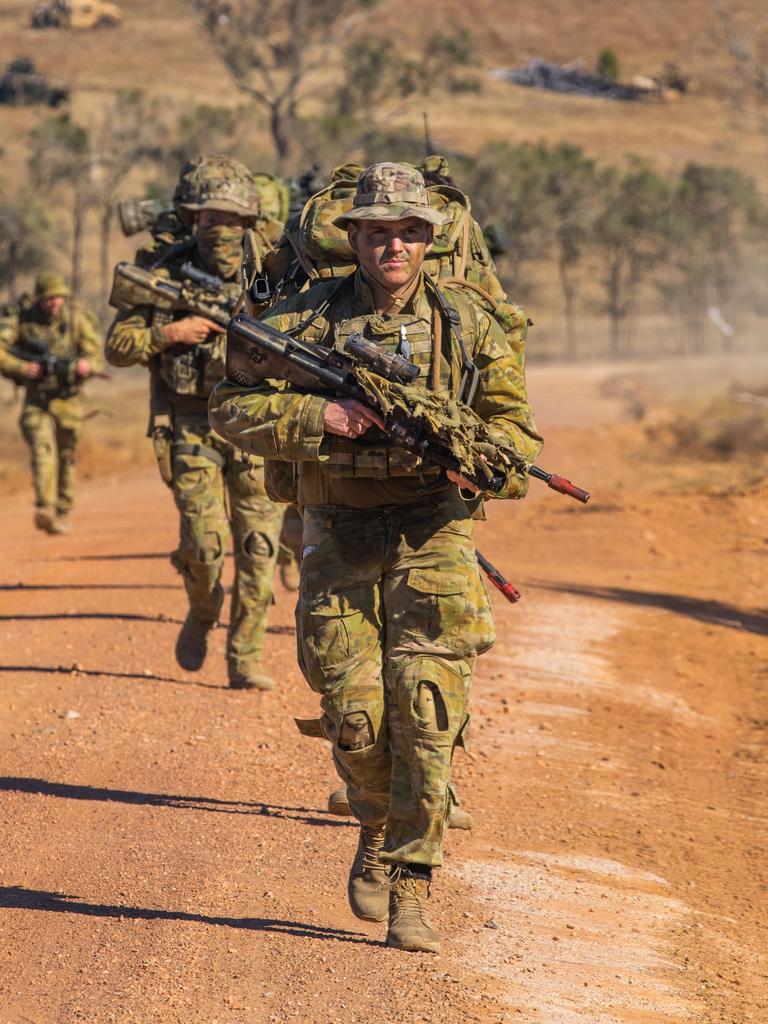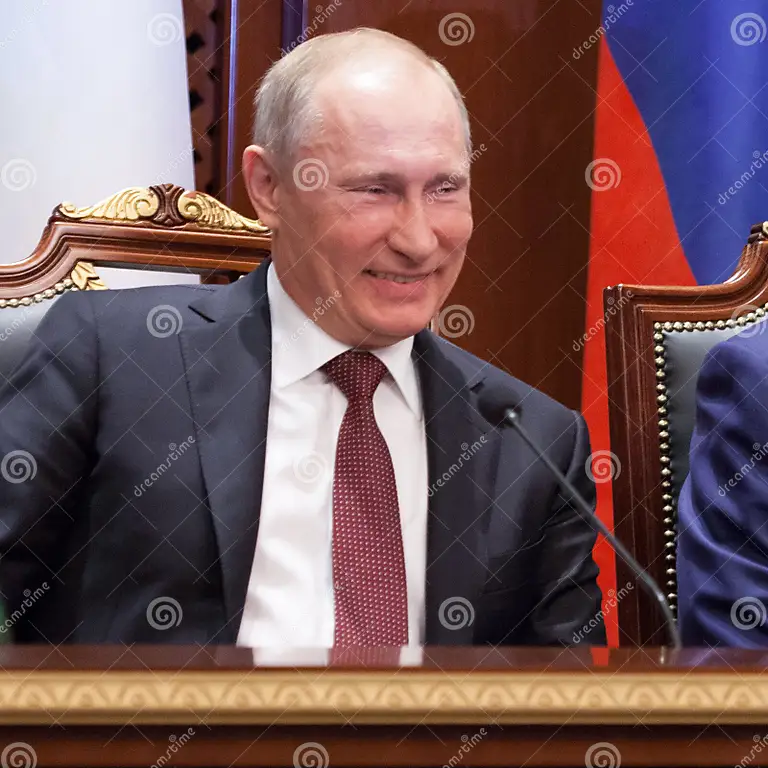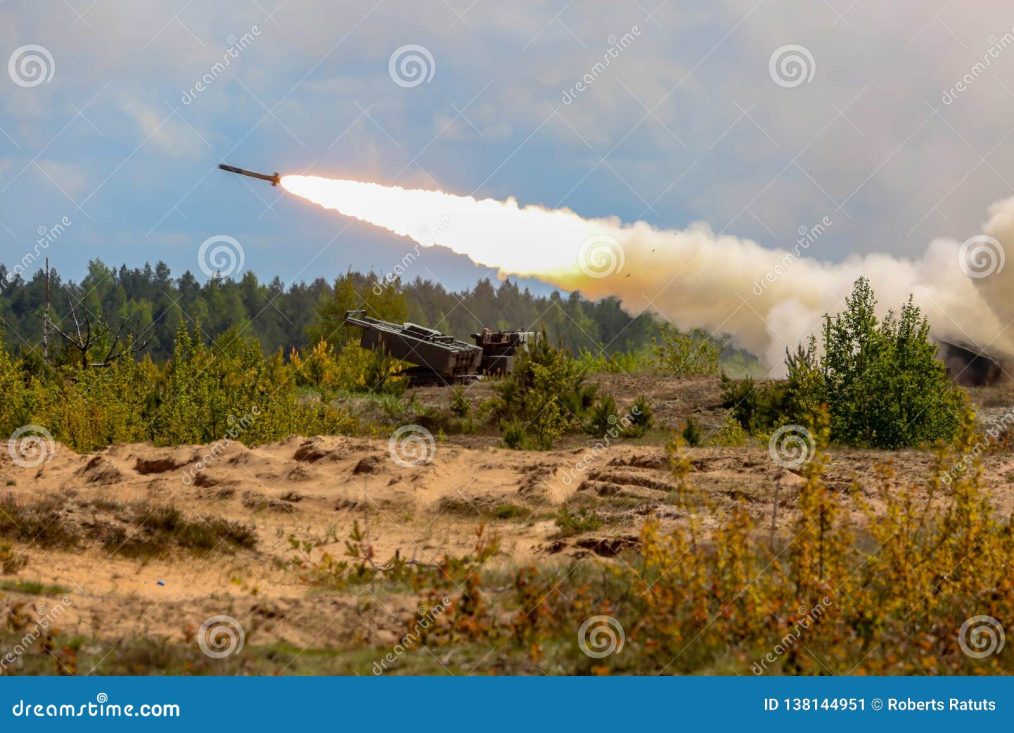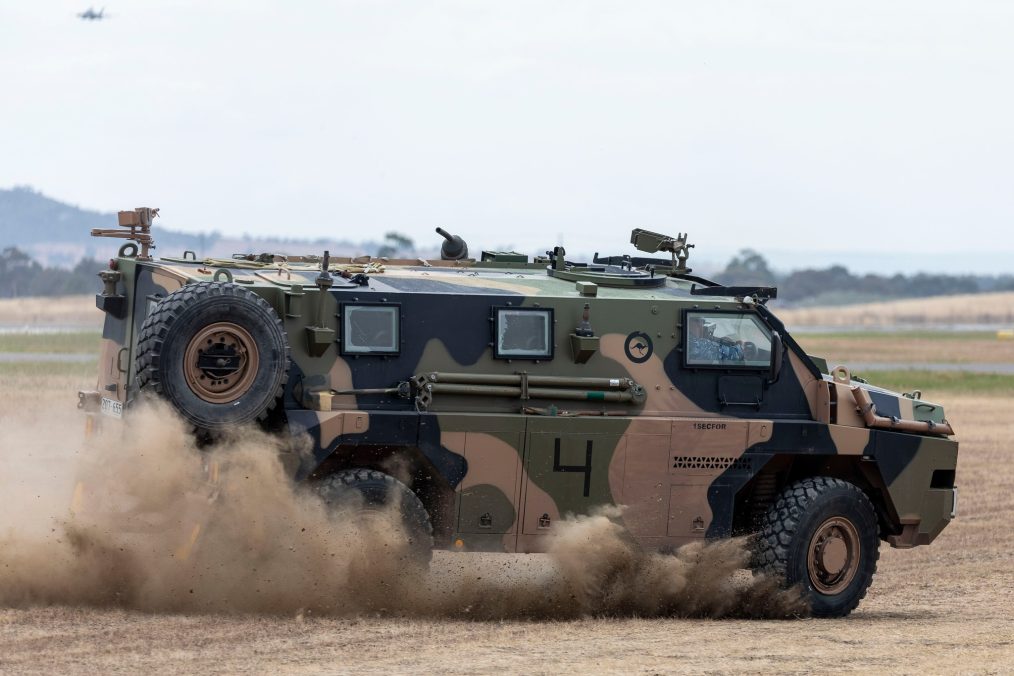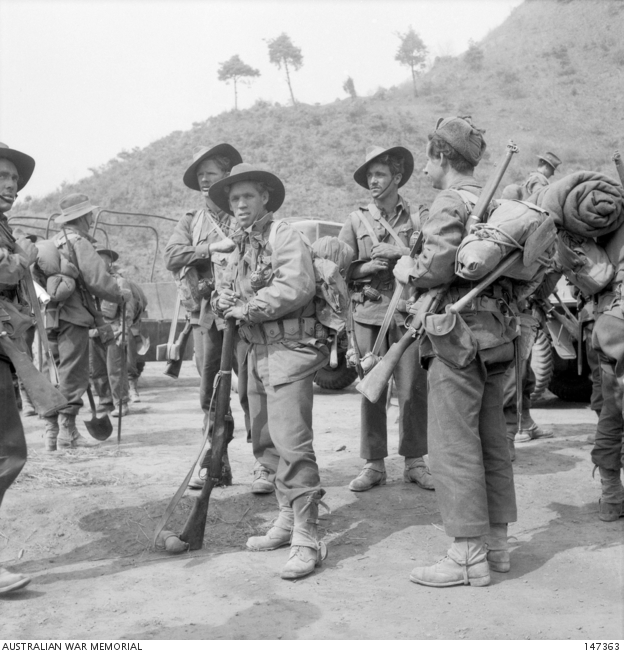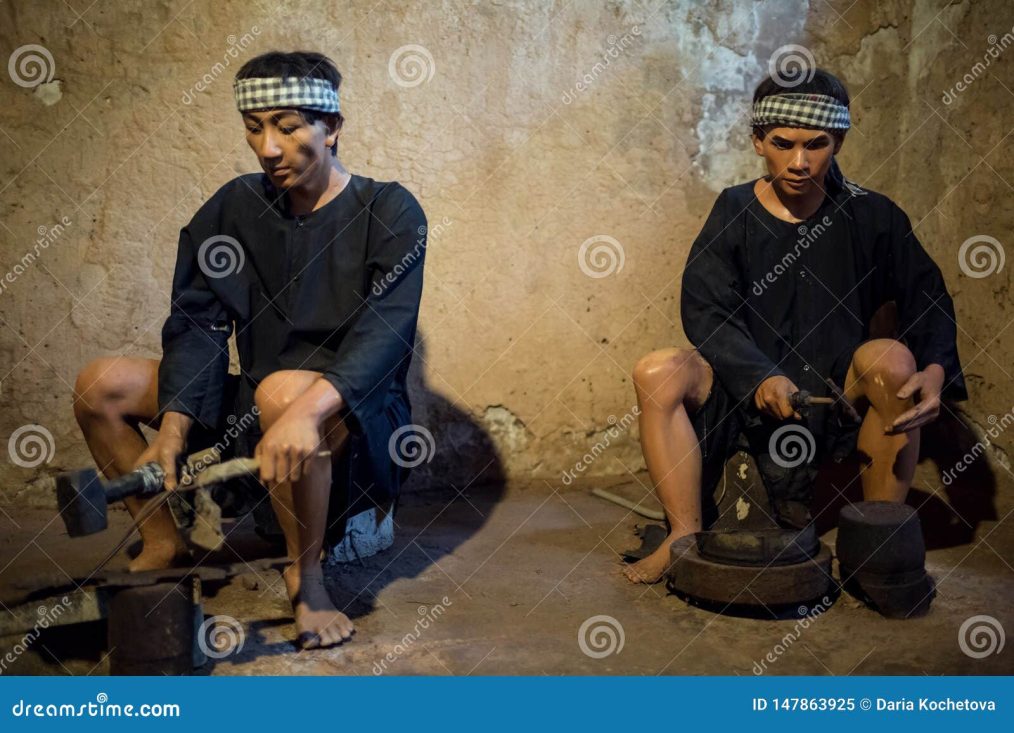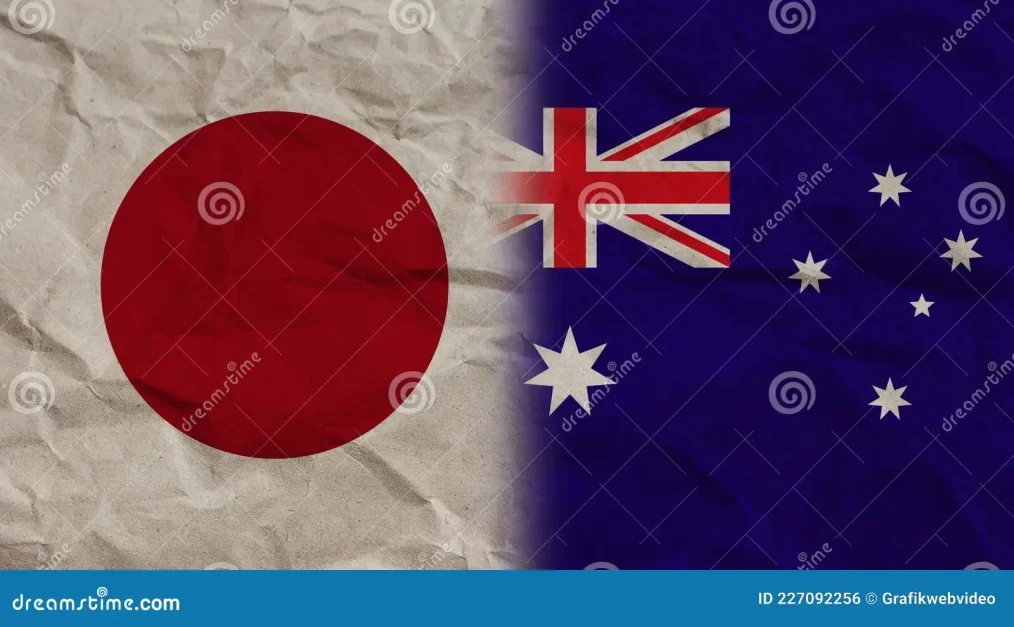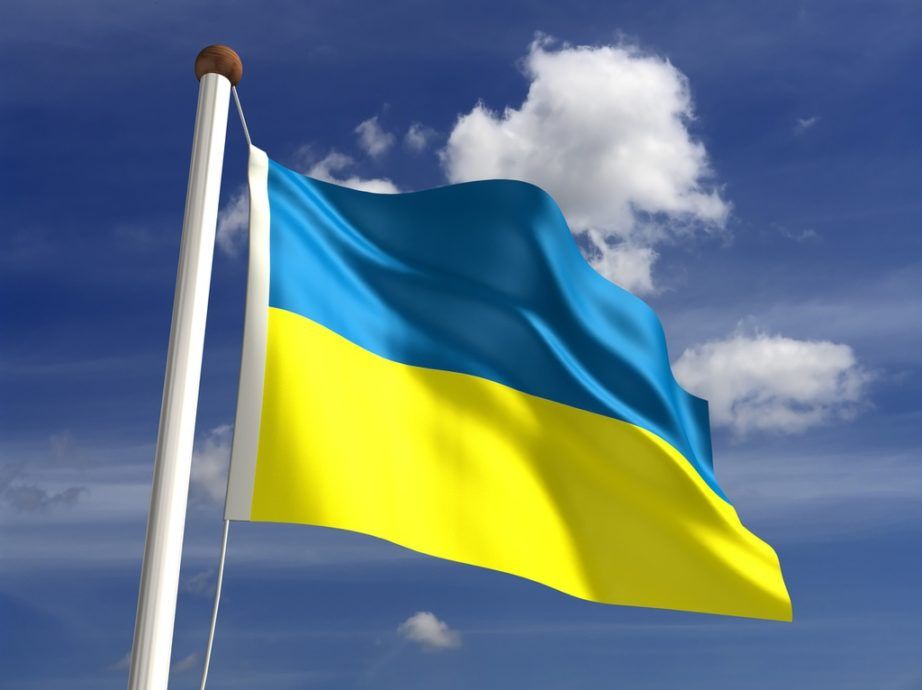Defence Today
The Simpson Trophy, the oldest shooting competition in the Southern Hemisphere and one of the oldest globally, marked its 134th year with an event held in October at the Murray Bridge Training Area in South Australia. This historic occasion brought together soldiers, sailors, and artillery personnel to compete in a tradition steeped in history and camaraderie.
Organized by the 10th/27th Battalion, the Royal South Australia Regiment (10/27RSAR), the competition saw participation from across the 9th Brigade, Adelaide Universities Regiment, 6th/13th Light Battery, Royal Australian Artillery, and sailors from HMAS Encounter. The event continues to highlight the enduring importance of marksmanship in Australia’s defence capabilities.
A Proud Heritage
Lieutenant Colonel Aaron Jackson, Commanding Officer of 10/27RSAR, expressed immense pride in his unit’s role in upholding this historic event.
“Standards were very high, and the competition fiercely contested,” he said. “The first competition, held in 1890, was sponsored by The Honourable Alfred Muller Simpson MLC to strengthen South Australia’s colonial defences.
“More than a century later, the Simpson family remains involved, generously donating the prizes each year. This competition not only showcases exceptional marksmanship but also reflects the enduring connection between the military and the South Australian community.”
Lieutenant Colonel Jackson emphasized the dual significance of the event, blending skill and tradition. “Each competitor demonstrated a commitment to maintaining and executing critical combat capabilities while honouring the spirit of this competition in its 134th year,” he added.
Honours and Achievements
The 10/27RSAR team claimed the coveted title of overall team champions, reaffirming their reputation for excellence. Among individual competitors, Trooper Matthew Beelitz, from the 3rd/9th Light Horse (South Australian Mounted Rifles), 1st Armoured Regiment, earned the award for best individual shot, a prestigious recognition of his outstanding marksmanship.
Private Kain McKenzie, a member of the winning 10/27RSAR team, reflected on the significance of participating in such an iconic event.
“It’s an honour and privilege. Knowing this competition dates back to 1890 makes it even more meaningful. Not many people can say they’ve been part of something so historic,” he said.
Private McKenzie acknowledged the intensity of the competition. “Everyone was competing at a high standard, which put pressure on us as an infantry team to deliver. Regular training has been key, and it’s rewarding to see that dedication translate into success,” he said.
A Legacy of Excellence
The Simpson Trophy stands as a remarkable tradition, uniting generations of service personnel in a celebration of skill, history, and community. Its continued success, with the involvement of the Simpson family and the dedication of participating units, highlights the enduring value of marksmanship as a cornerstone of military capability.
As it continues into its 135th year, the Simpson Trophy remains a shining example of how history and tradition can inspire modern excellence, bridging past and present in the service of national defence.

